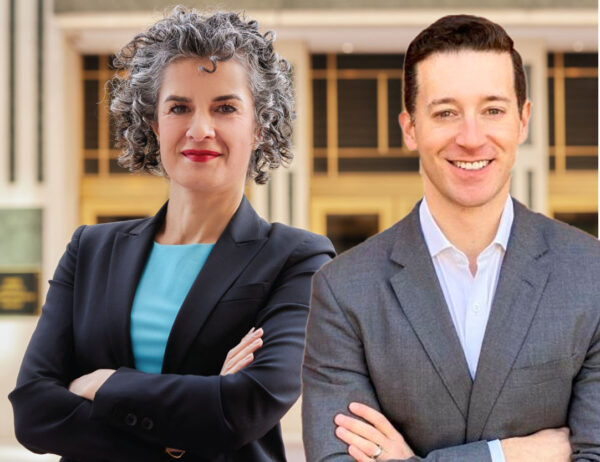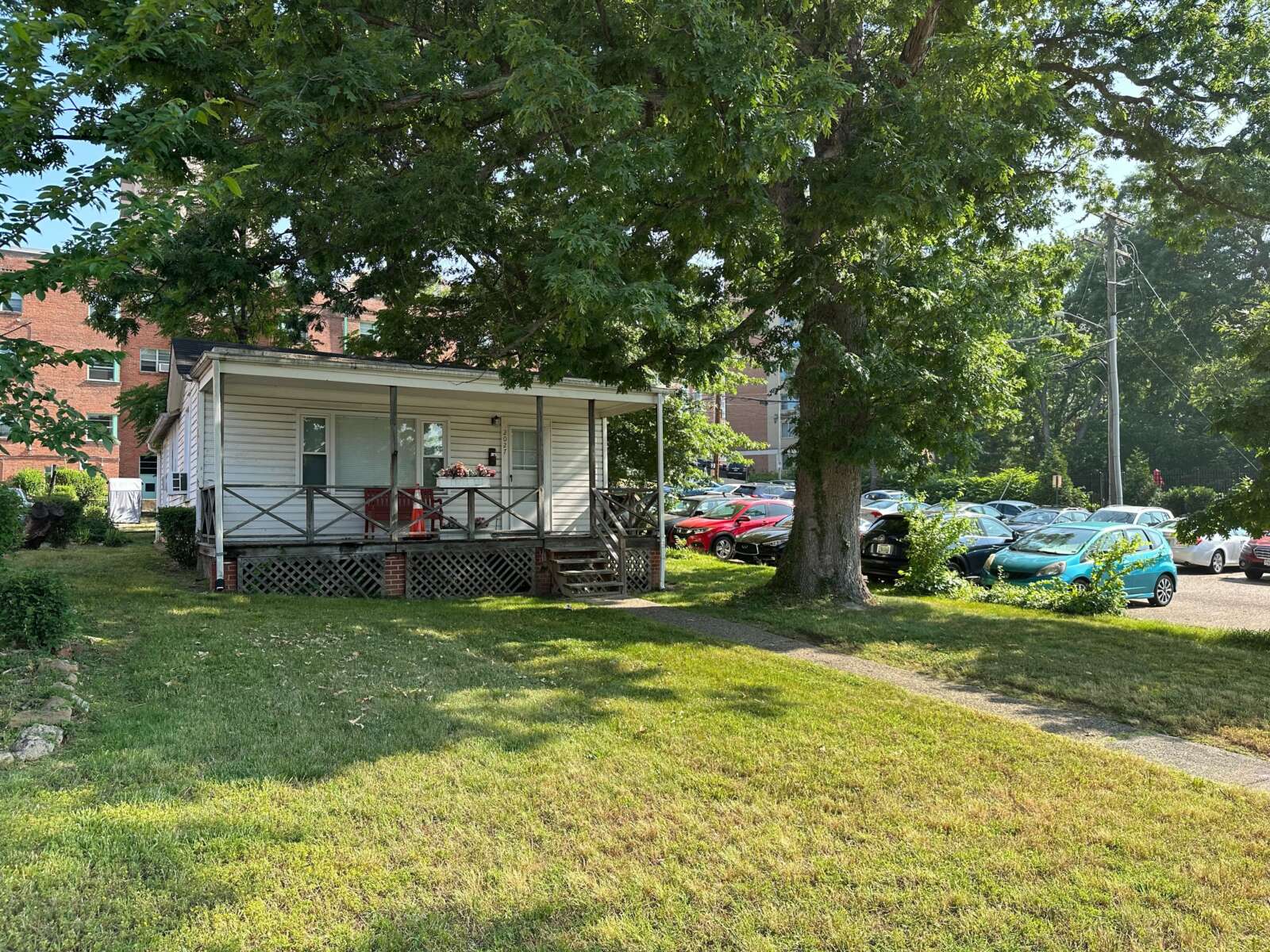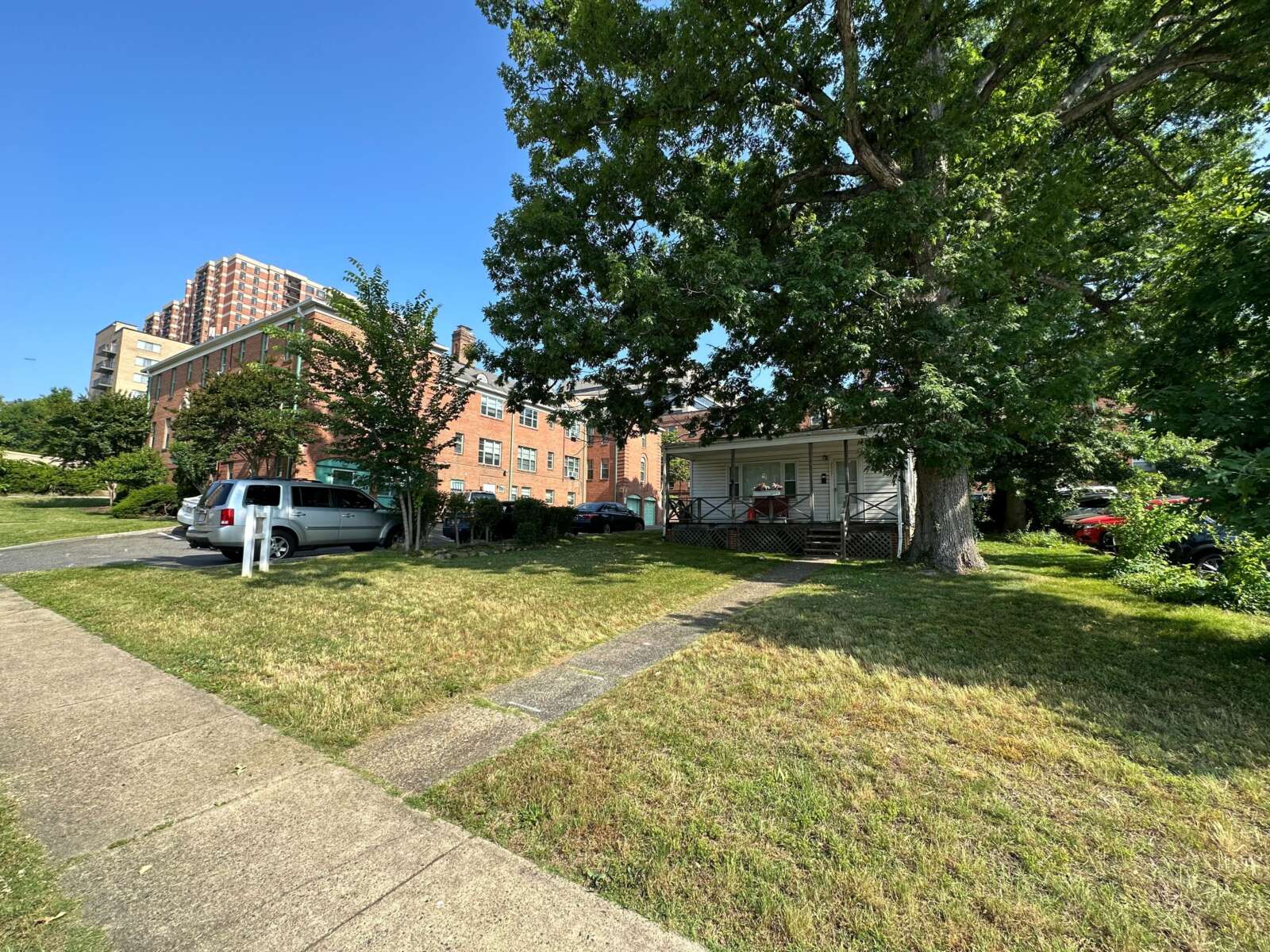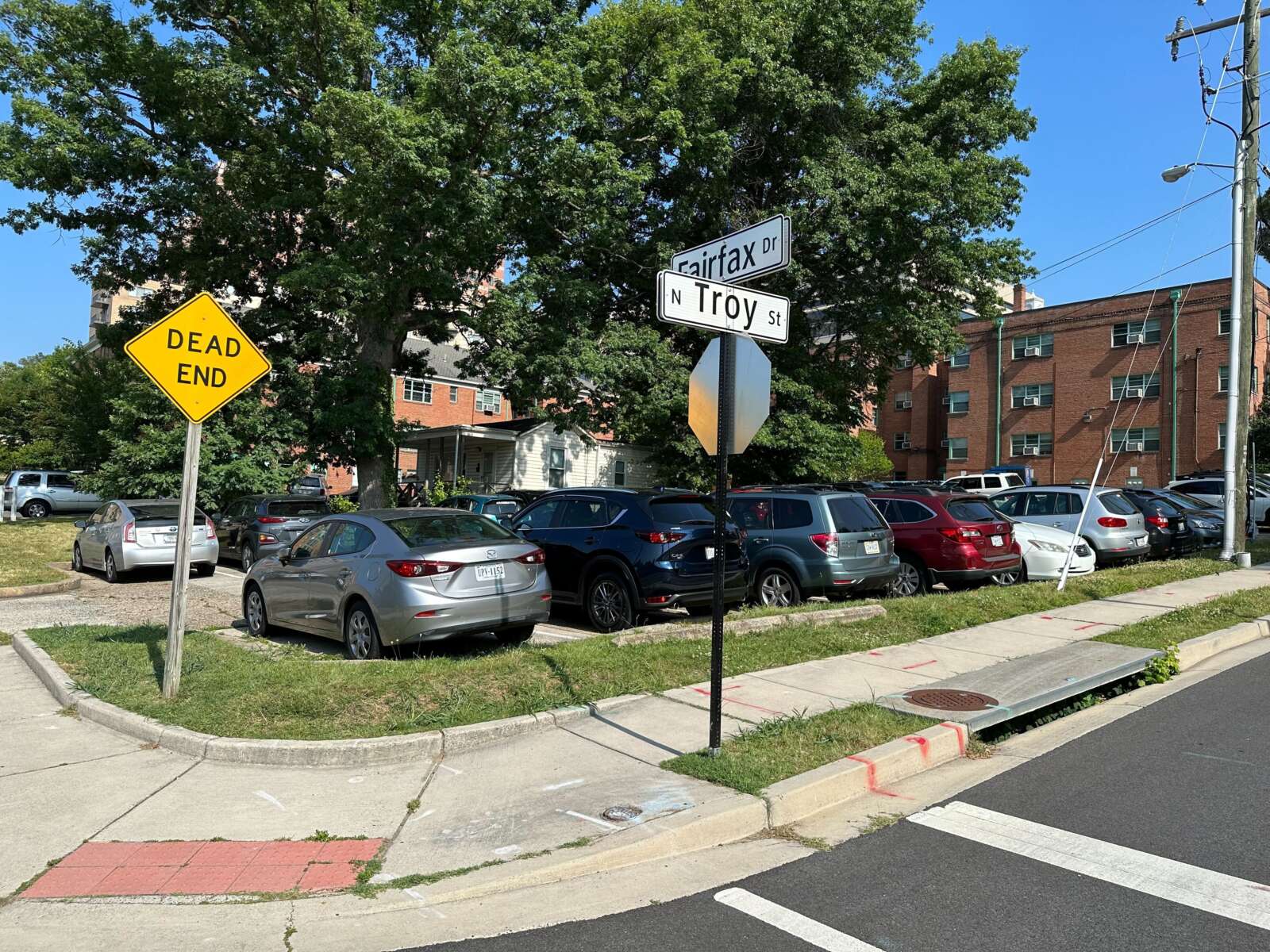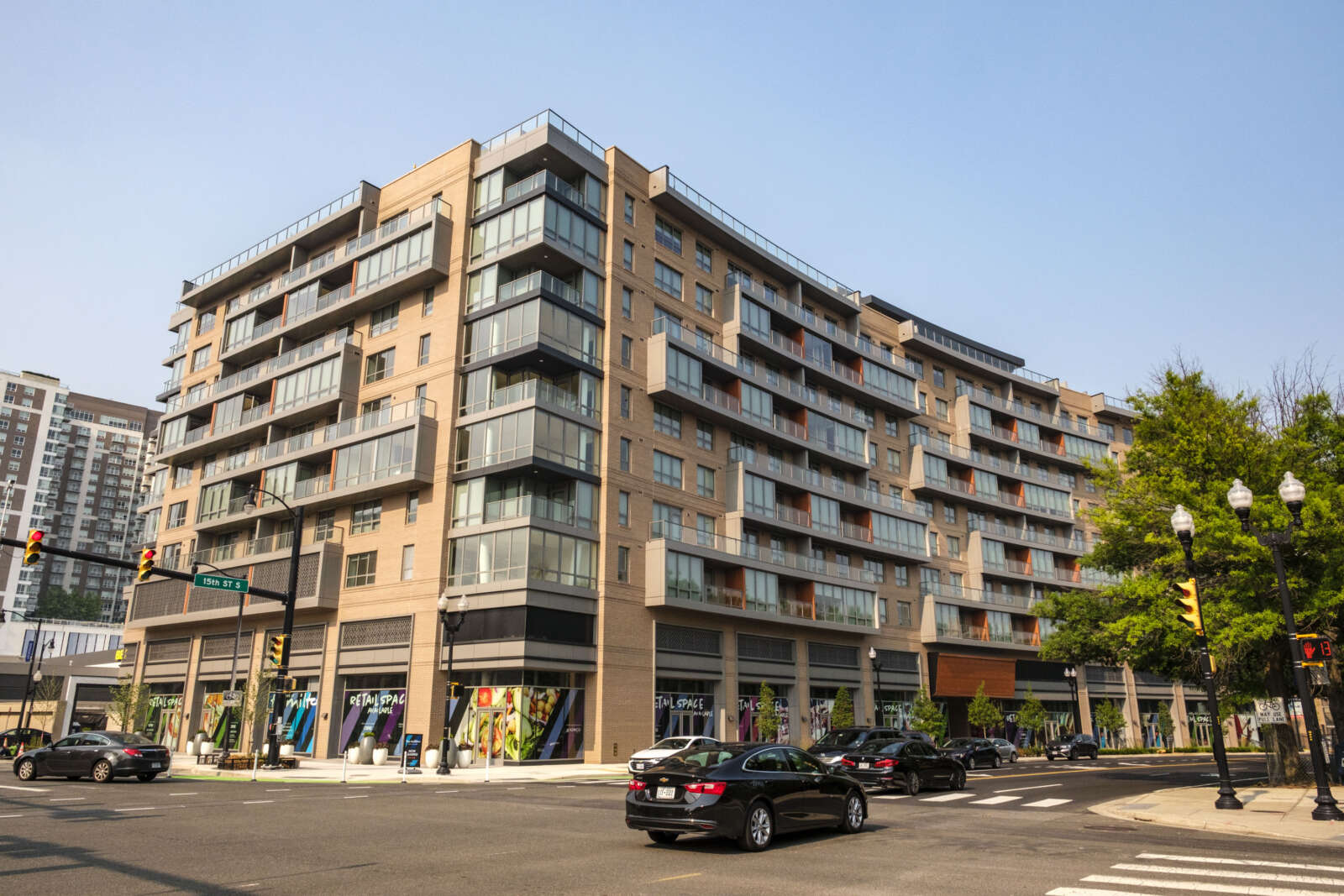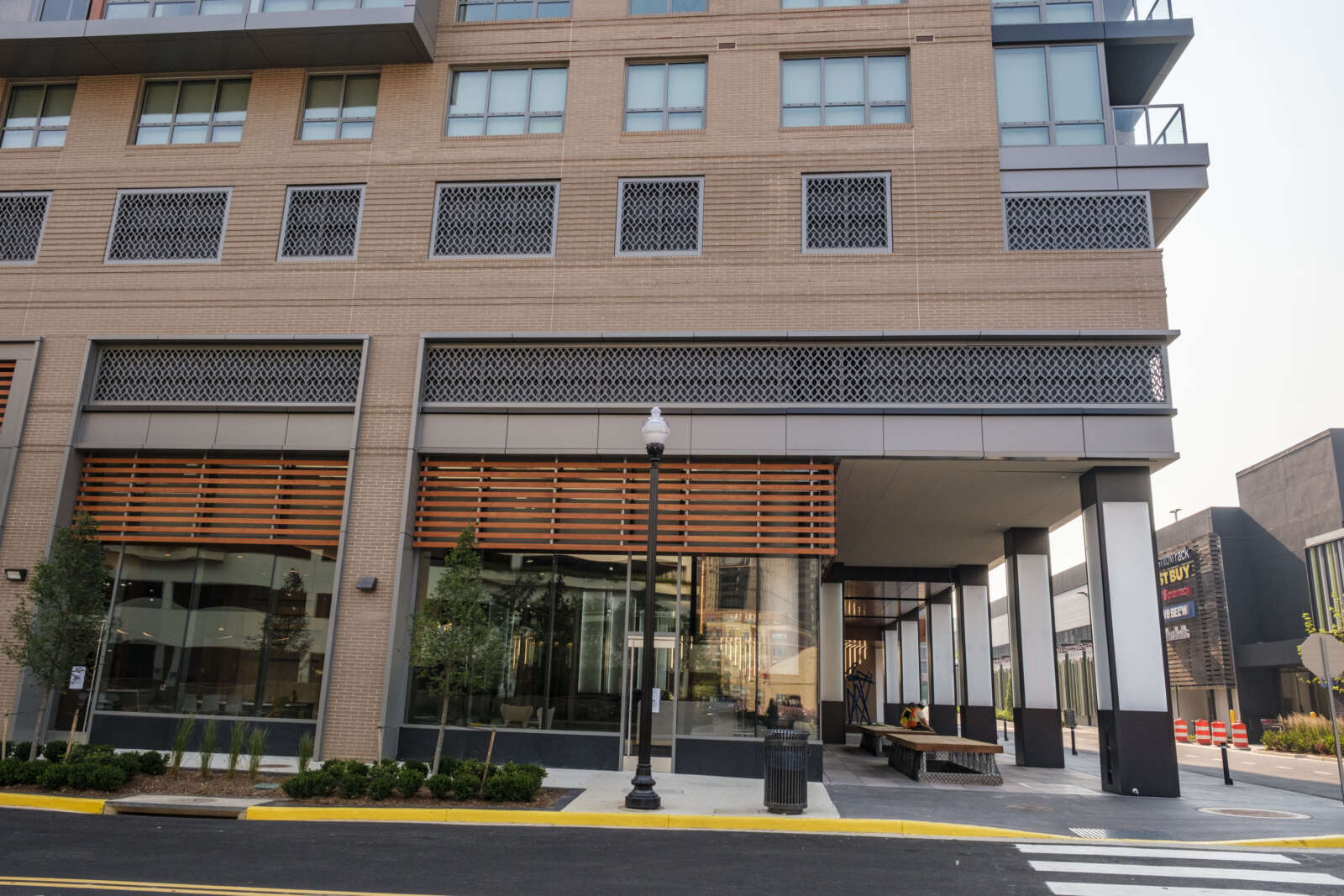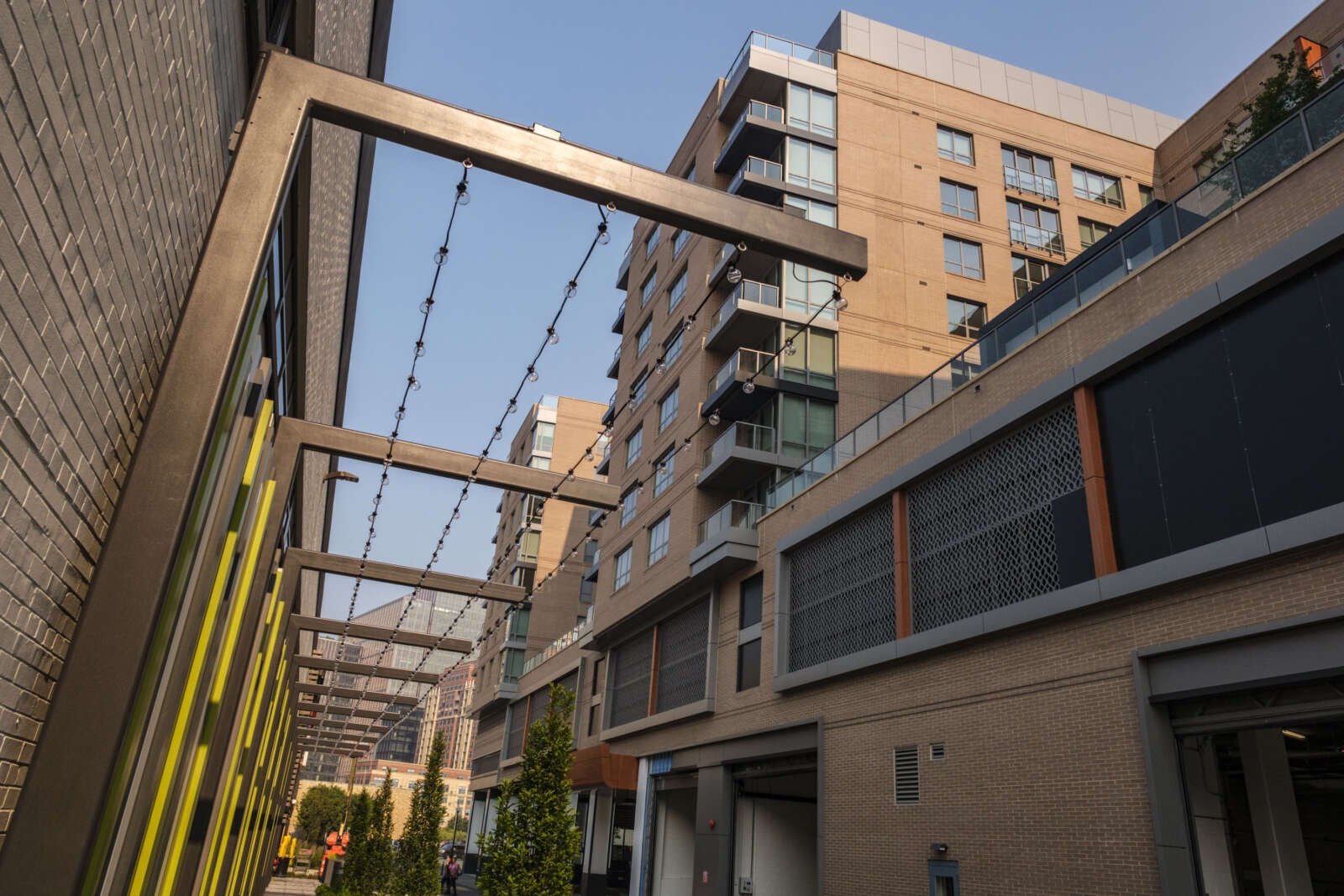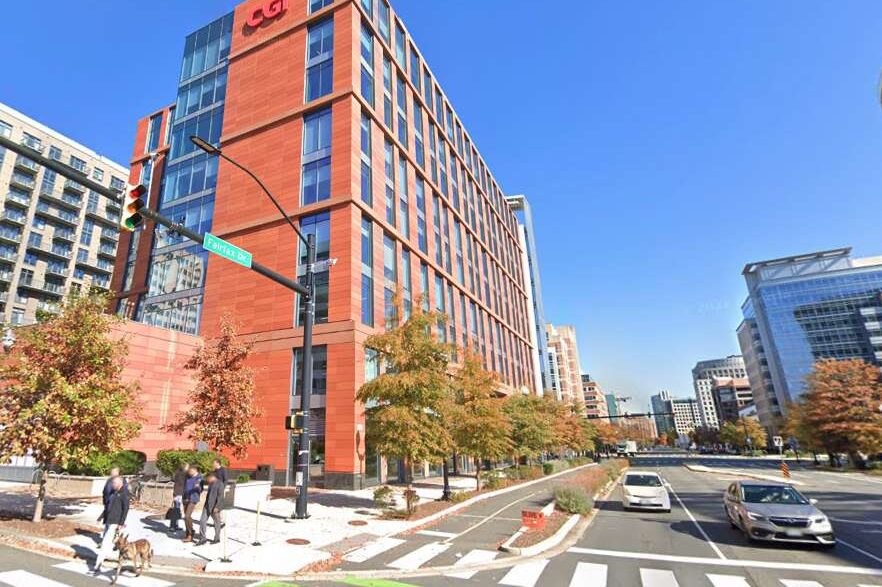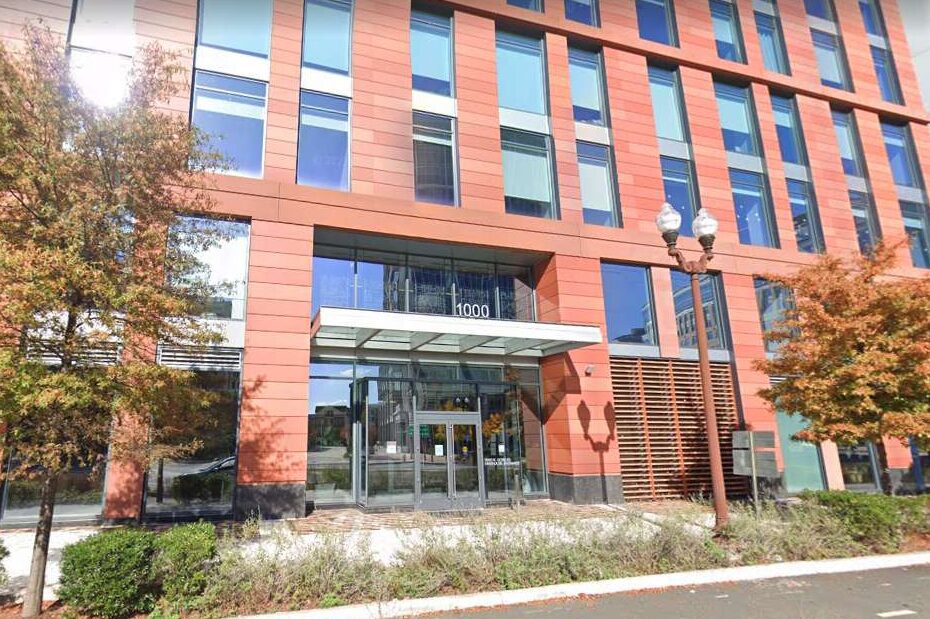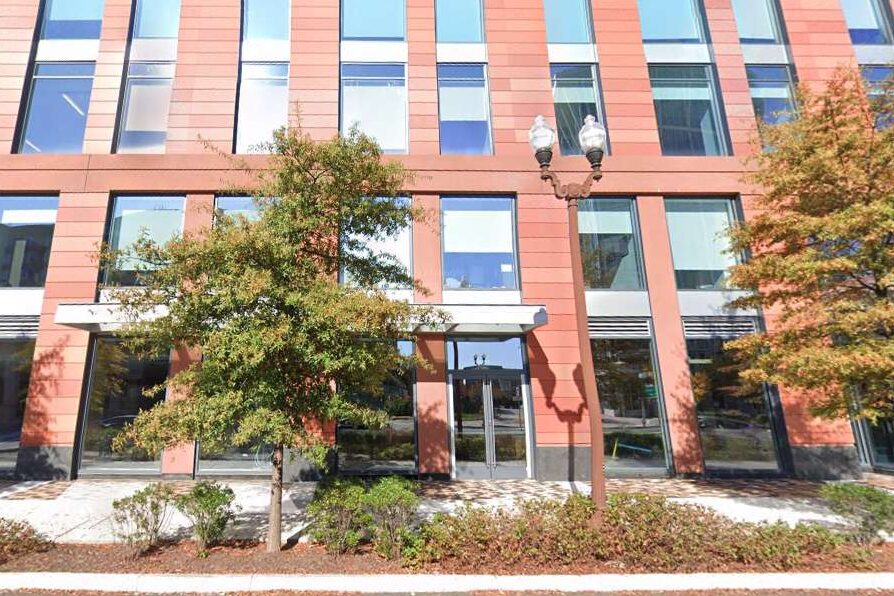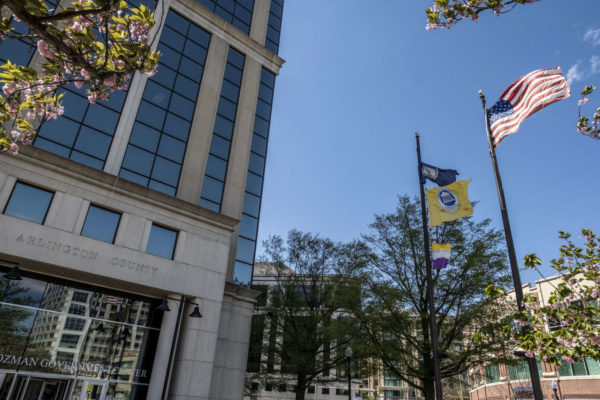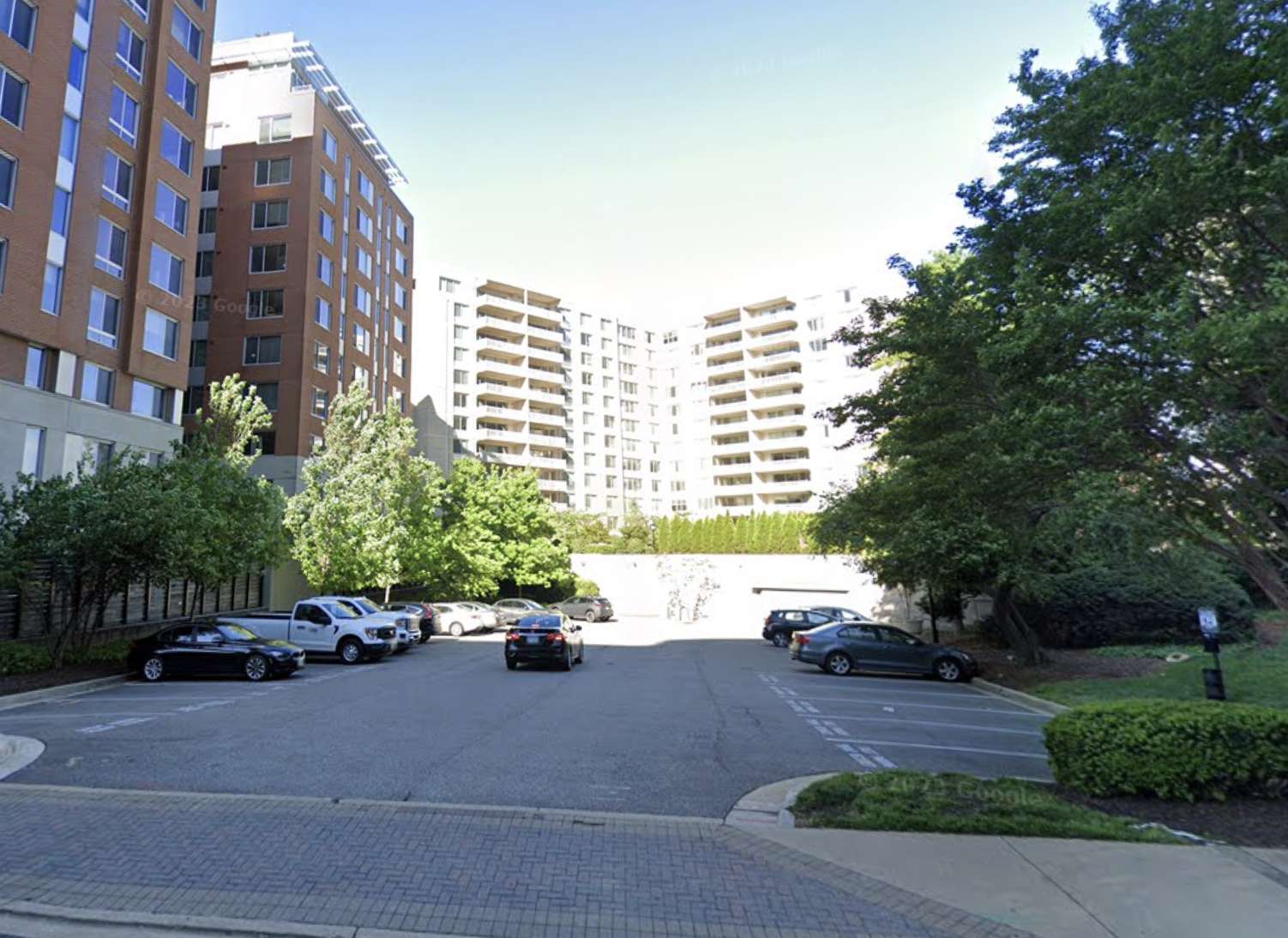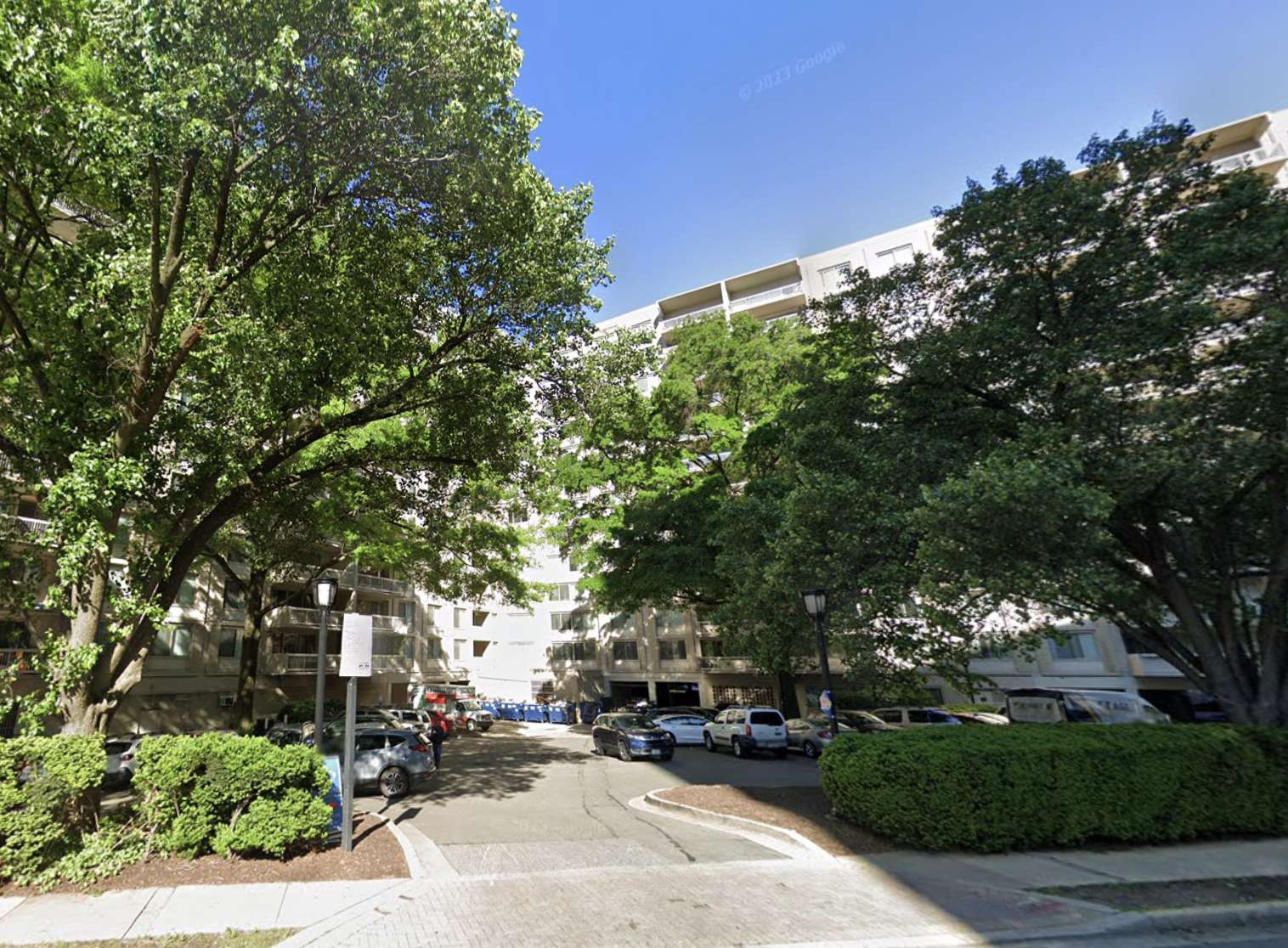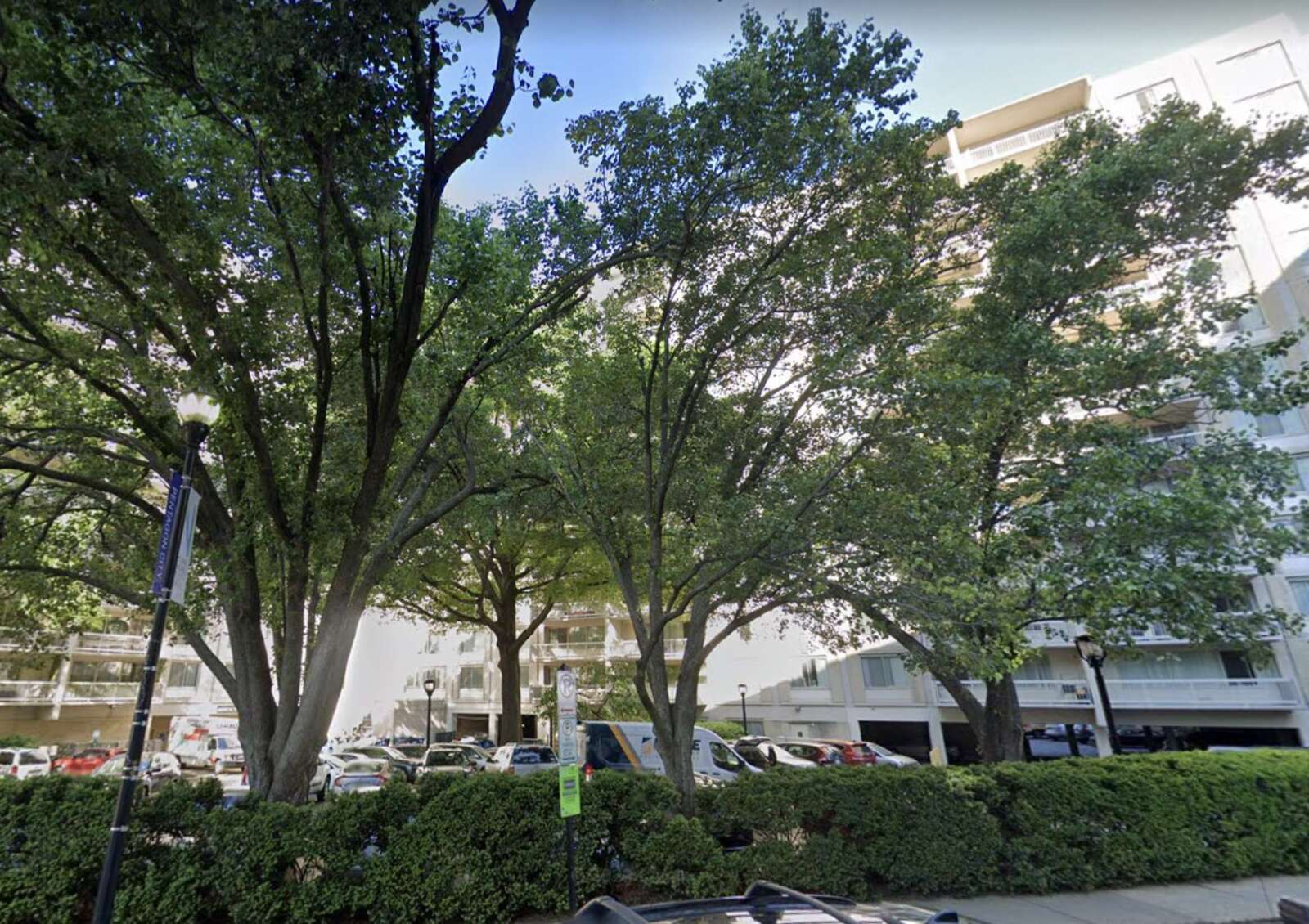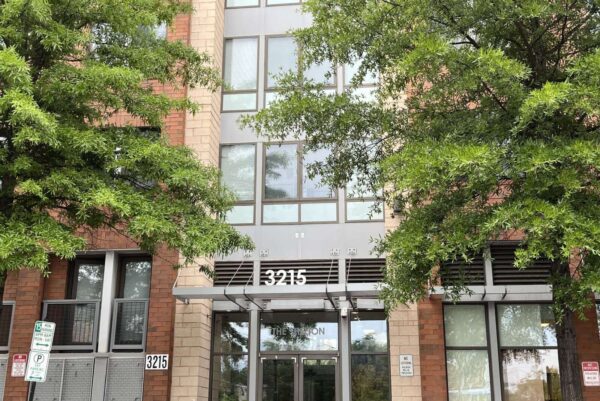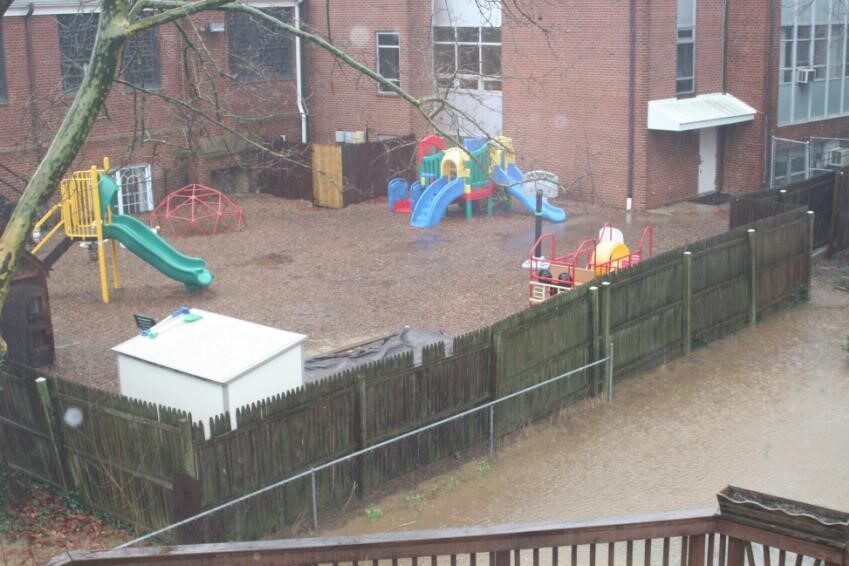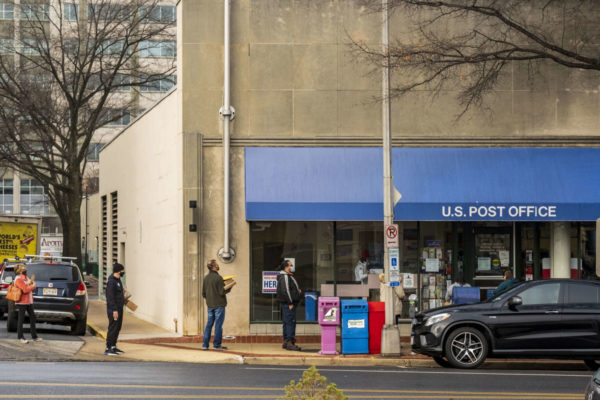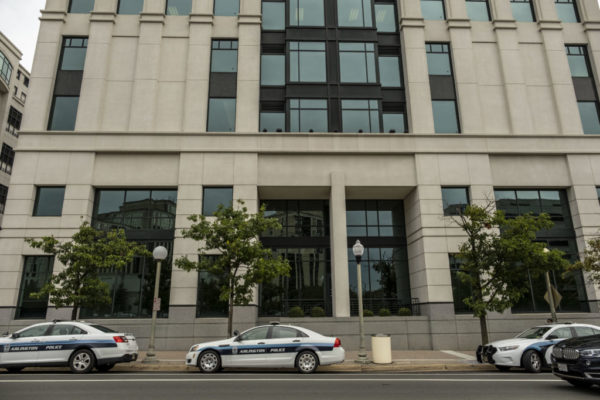
(Updated at 5:45 p.m.) When Braylon Meade died in a car crash, a juvenile court judge handed down a sentence of one year of incarceration and two years of probation to the 17-year-old who crashed into him.
Prosecutors asked for a longer confinement term.
Had the crash happened just two months later, however, the driver would have been 18, would have been tried as an adult in circuit court, and likely would have received a stronger sentence.
Meade’s mother, Rose Kehoe, argued last month that this case should have been transferred to Arlington County Circuit Court, which handles felonies, given the age of the young man who killed her son and the severity of the crime. The then-17-year-old was driving 95 mph, had a blood-alcohol content of under 0.08%, according to Chief Public Defender Brad Haywood, who spoke with multiple people familiar with the case.
Last month, Kehoe backed Josh Katcher, who is running against incumbent Commonwealth’s Attorney Parisa Dehghani-Tafti, citing the judgment call and how she was treated as by Dehghani-Tafti’s office.
“Meaningful reform requires nuanced thinking regarding the facts of each individual case and applying the law fairly and appropriately,” Kehoe wrote in a letter to State Sen. Barbara Favola, who endorsed the sitting Commonwealth’s Attorney. “In the case of Braylon Meade, we have no doubt that Ms. Dehghani-Tafti’s political rigidity on the issue of refusing to charge juveniles as adults is what governed this case.”
Kehoe also recorded a campaign video ad for Katcher.
Justice for victims … or the lack thereof has become a defining storyline in this election. We are up with our first ad and I am grateful that Rose Kehoe is willing to share her family's experience with my opponent. pic.twitter.com/e33HdBzHRi
— Josh for Arlington (@Josh4Arlington) May 23, 2023
One of Dehghani-Tafti’s campaign promises was to not try children as adults where it was in her power to decide. In this case, she said the rehabilitative services provided by the juvenile system would be better for holding the defendant accountable than potentially incarcerating him in an adult prison.
The politicization over whether to try this one juvenile as an adult posed questions about whether it ever makes sense to try a juvenile as an adult and whether Arlingtonians want a top prosecutor to take a discretionary approach to trying juveniles as adults, or to never do it all.
Arguments for and against the practice
Dehghani-Tafti’s resolve reflects a trend in prosecutorial reform to advocate against trying children as adults. Proponents argue children are not mini-adults and their brains work differently and that keeping juveniles plugged into developmentally appropriate services improves their outcomes later in life.
Fair and Just Prosecution nonprofit executive director Miriam Krinsky takes this view. Her organization advocates for a evidence-based, rehabilitative approaches to juvenile justice and, in a statement to ARLnow, she said cases like this one are hard but prosecutors should follow the science.
“Science shows that young people under the age of 25 are developmentally different from adults and should be treated differently by the system,” she said. “The science also shows that young people have a greater capacity for rehabilitation, are more responsive to treatment than adults because their brains are still developing, and are more likely to age out of criminal behavior.”
ARLnow also heard from lawyers who agree with the starting point that children should not be in adult prison — but who have a different view about trying a case in circuit court, which operates differently than a juvenile court.
“The Commonwealth’s Attorney has tons of discretion on every bit of it and can pursue plea deals, deferred dispositions, all kinds of things that could have been done and it would have given everybody involved the superior resources of the circuit court,” says Greg Hunter, a local defense attorney.
In short, if, after a hearing, a juvenile is transferred to circuit court for trial, adult prison is not a guarantee and a sentence can come with more oversight and a broader range of services.
They say this makes sense for older juveniles, who age out of the supervision of juvenile court after they turn 21 and thus have a shorter probation period in which reoffending has greater consequences. Judges can blend juvenile and adult sentences, which one study says did not impact recidivism outcomes.
The discussion unfolds, however, in a county where children are rarely tried in circuit court to begin with. One notable recent exception is when Maxwell Adams was tried as an adult for murdering his father, for which he received a 32-year prison sentence.


